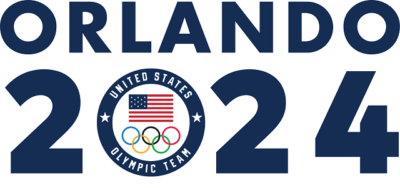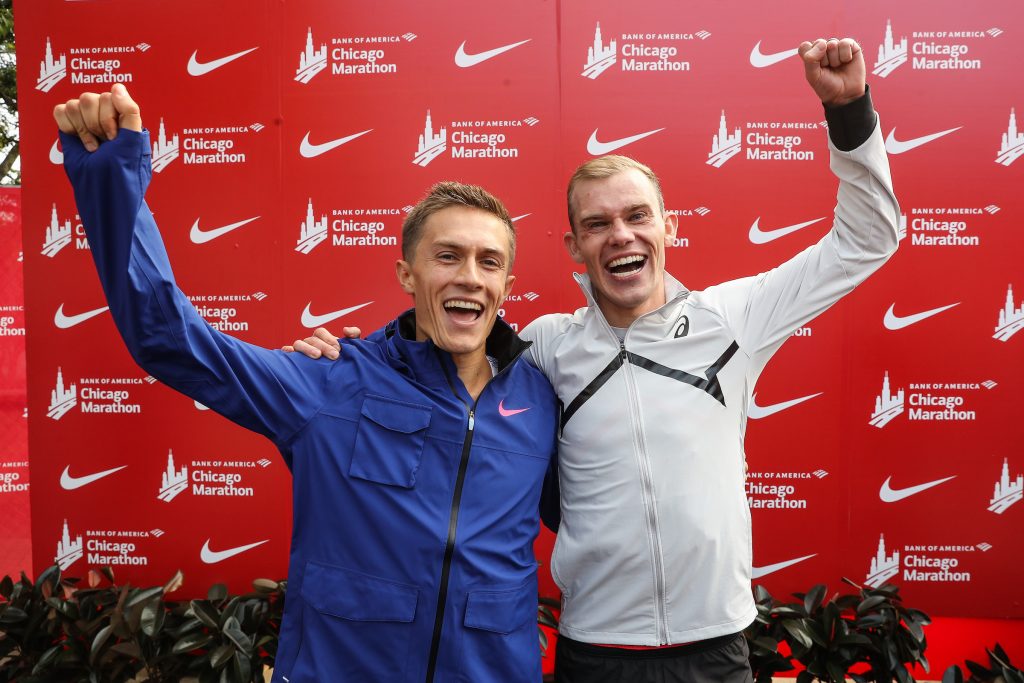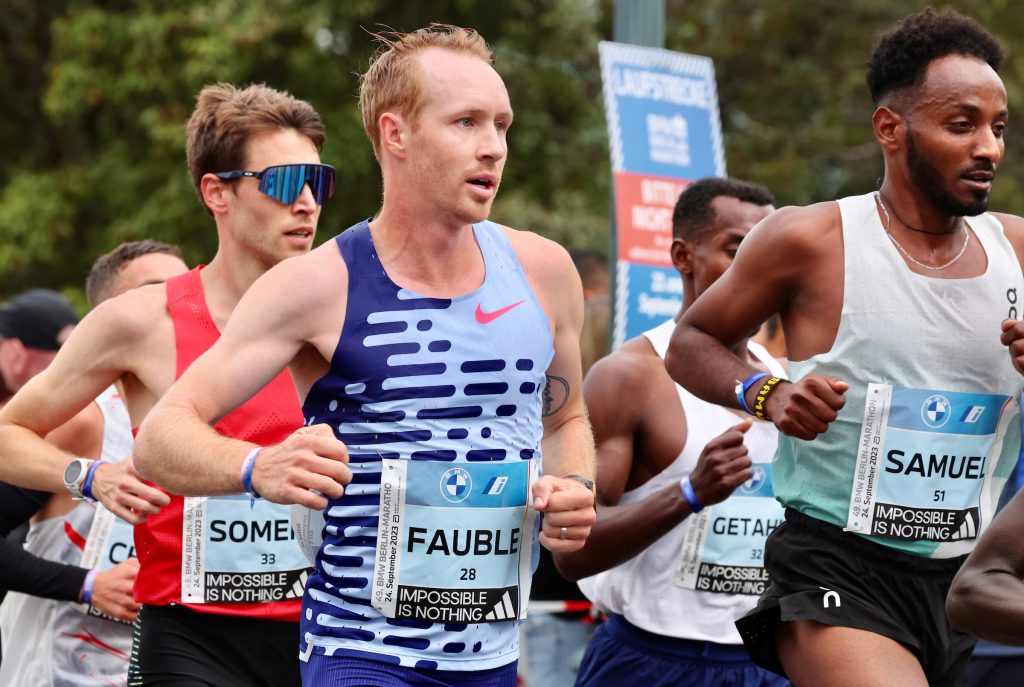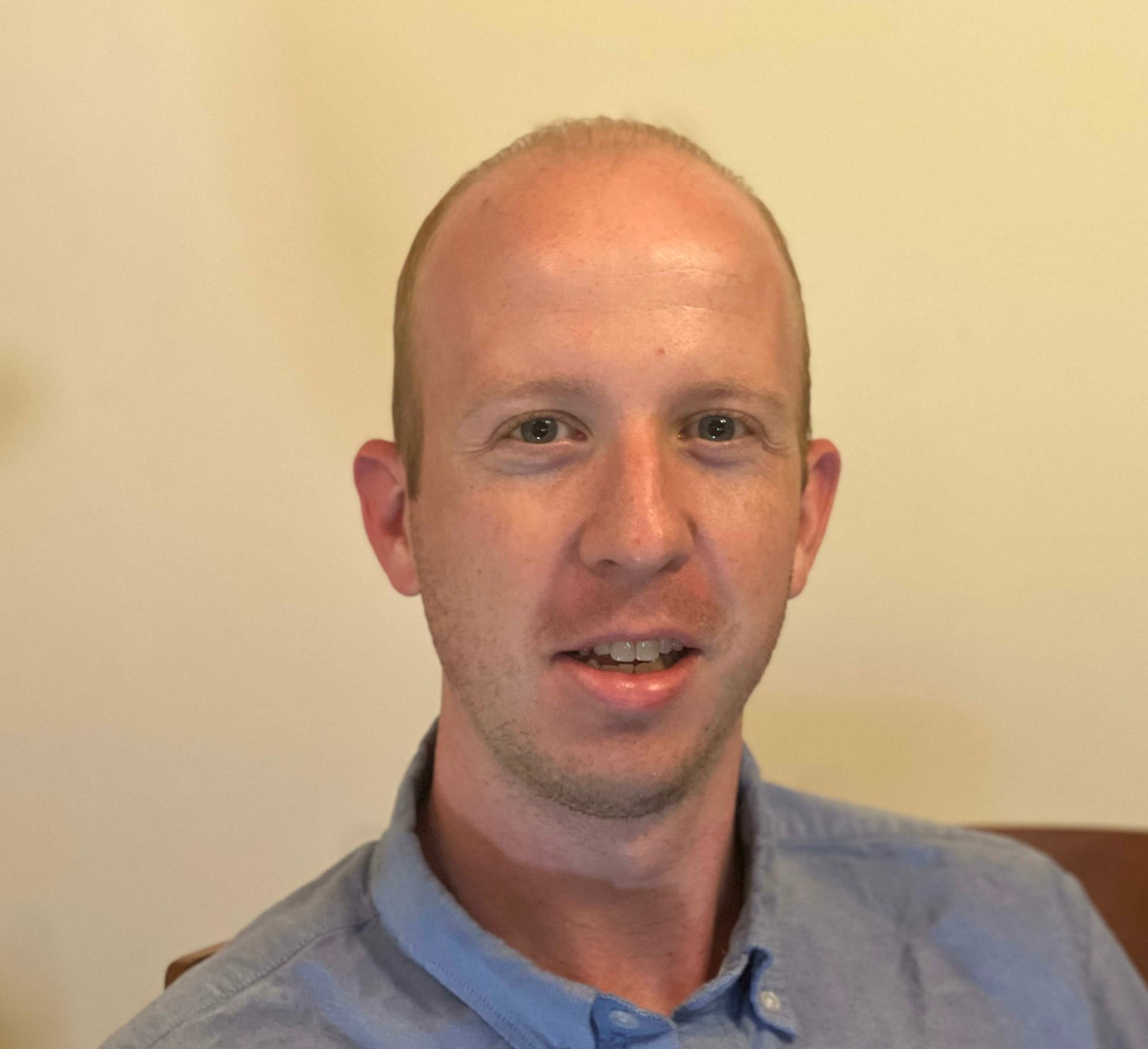Breaking: USATF May Not Follow Trials Results For 3rd Men’s Spot + The US Is No Longer Guaranteed 3 Olympic Men’s Marathoners
The US will not have three spots unlocked by the Olympic Marathon Trials in Orlando on February 3
By Jonathan Gault and Robert JohnsonUpdate on 12/5/2023 – USATF has told us they will honor the order of finish at the Trials as explained here: USATF Will Honor Order of Finish at US Olympic Marathon Trials For Those Men Who Have Broken 2:11:30 On An Eligible Course
With the 2024 US Olympic Marathon Trials exactly two months away, no top American marathoners competed at Sunday’s Valencia Marathon. But Valencia, which turned out to be one of the deepest marathons in history, may have had a big impact on the Olympic qualifying situation for American marathoners. While there is much remaining to be settled, and the US will still likely send three men’s marathoners to Paris, the reality is today’s results could have a big impact on who ends up going.
(We’re discussing the men only in this article since the US already has three women with the auto standard).
Where things stood entering Sunday
World Athletics changed the qualifying system for the 2024 Olympics, making the auto standard much harder. For the men’s marathon, it went from 2:11:30 in 2020 to 2:08:10 in 2024 — a time that only six Americans had ever run when this cycle’s qualifying window opened.
Eighty athletes will run the Olympic marathon in Paris. World Athletics selects the field in two waves: the first 64 athletes on January 30, and the final 16 on April 30. The first 64 are selected based on the filtered Road to Paris list as of January 30, 2024. That list is a combination of every athlete who has achieved the auto standard within the qualifying period (which began 11/6/22) as well as world rankings based on performances within the qualifying period. The list is also limited to three athletes per country, since that is the most a country can enter in the Olympic marathon. And while the qualifying spots are based on individual athlete performances, it’s more accurate to say that athletes “unlock” spots for their countries, since the federation has the option to sub out any qualified athlete with a replacement as long as that replacement has run 2:11:30 or better within the qualifying window.
Entering Sunday, the USA had unlocked two guaranteed spots: Conner Mantz and Clayton Young both ran under the standard at the Chicago Marathon in October (though both athletes could be replaced based on the results of the Olympic Trials). The third spot was more precarious. The next highest-ranked American, Scott Fauble, was ranked 61st on the filtered Road to Paris list, which meant the US was in good position to unlock a third spot on January 30 unless a bunch of athletes from countries ranked behind the US ran fast on Sunday.
That’s exactly what happened.
Bad news for US marathon fans in Valencia
The top 28 finishers in Valencia broke 2:08:10. Crucially for the US, four of them were from countries that did not already have three men ranked ahead of Fauble. Here they are:
Shokhrukh Davlyatov, Uzbekistan 2:07:02
Samuel Barata, Portugal 2:07:35
Khalid Choukoud, Netherlands 2:07:37
Alberto Gonzalez Mindez, Guatemala 2:07:40
In addition, Sondre Norstad Moen of Norway ran 2:07:16 in Fukuoka on Sunday. That means when the new Road to Paris list comes out next week, Fauble will be ranked 66th. However, one athlete ranked ahead of Fauble, John Hakizimana of Rwanda, was banned two years for doping on Thursday, so Fauble may end up at #65.
What does this mean for the Olympic Trials?
Since only the top 64 in the Road to Paris list on January 30 unlock spots for their country, and (we think) no Americans will be running marathons in the next two months ahead of the Trials, the US will only be awarded two spots when the first batch of 64 athletes are selected on January 30 (assuming every country elects to take every spot).
The US is still VERY likely to send three men to Paris in the marathon as it’s basically spots #65 through #80 on the current Road to Paris list (with a few possible additions before April 30), and Fauble (or potentially another American depending on the results of the Olympic Trials) will be near the top of that list. But the US cannot 100% guarantee that the top three men’s finishers at the Trials will be going to the Olympics, because right now the US has only unlocked two spots.
And this is where things get interesting.
The fact that Fauble won’t be in the top 64 on the Road to Paris list when the US Olympic Marathon Trials take place could have a big impact on who ends up as the third US male Olympian.
We just realized today that USATF recently released its athlete selection policy for the 2024 Olympic marathon, and as usual, there are some confusing areas that require further explanation. But there are two huge takeaways from how we are interpreting it.
1. It appears that USATF will not honor the results of the Olympic Trials for the third men’s team member
Assuming no one other than Mantz or Young runs under 2:08:10 at the Olympic Trials, the US will only have two guaranteed spots at the conclusion of the Olympic Trials on February 3. Here’s what USATF has to say if that scenario comes to pass:
In the case that USATF is not able to select a full team of Qualified Athletes from the Selection Event…the U.S. will fill any unfilled quota positions with Qualified Athletes based on their rank order on the Road to Paris rank list following the close of the qualification period on May 5, 2024.
The way we read that, it means the third spot on the US team would be based on the Road to Paris list in May — and not by the results of the Olympic Trials on February 3 (though that race will help boost athletes’ world rankings).
If you are a fan of the Olympic Trials — where the top three qualify — that’s horrible news.
2. Athletes will NOT be allowed to chase times after the Olympic Marathon Trials
The selection criteria clearly state chasing isn’t allowed after the Trials:
Please note, finishers at the Selection Event will not be permitted to “chase” the time qualifying standard following the Selection Event, if they have not already met the Qualified Athlete standards at the time of the Selection Event.
While it likely will take faster than a 2:11:30 to finish in the top three at the Trials, it’s possible it’s hot in Orlando. That’s important for someone like Scott Fauble. He has run under 2:11:30 during the Olympic qualifying window, but his 2:09:44 time came on Boston, which is not a World Athletics-approved course because it’s a net downhill. So even though he is ranked highly on the Road to Paris list, Fauble is not considered to have the quota replacement time and would not be permitted to chase it by USATF after the fact.
He’d likely get in on world ranking after the fact, but if he won the Trials in Orlando in 2:11:31, it appears he would not officially be an Olympian.
So what does this mean? Anyone who doesn’t have the quota replacement time (like Fauble) should make sure they run under 2:11:30 in Orlando. This provision doesn’t change all that much considering it will likely take sub-2:11:30 to finish in the top two in Orlando anyway.
Talk about this on the messageboard: Discussion:: It appears USATF won’t honor order of finish at marathon trials for 3rd men’s spot – will go with World Rank instead!











